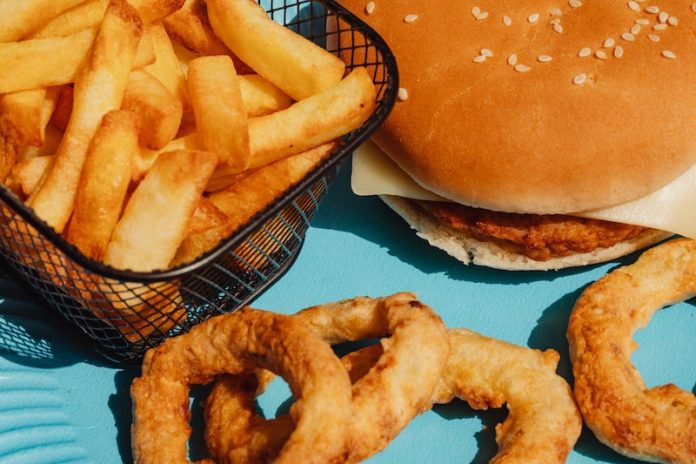
Ever grabbed a quick snack off the shelf because it’s easy and lasts long?
A study from Georgia State University says you might want to think again.
The Trouble Ingredient
These processed foods often contain emulsifiers. They’re added to make food feel right in our mouth and stay fresh longer.
But here’s the catch: these same emulsifiers might hike up our risk of colorectal cancer by messing with our gut bacteria and causing inflammation.
Colorectal Cancer
Colorectal cancer is high on the list of deadly cancers globally. And guess what? The trillions of tiny beings in our gut might be playing a part in this.
Our gut’s army of microorganisms also has a dark side. They can drive inflammatory bowel disease (IBD), which wraps in issues like Crohn’s disease. And here’s a zinger: IBD can push for a type of cancer called “colitis-associated cancer”.
Moreover, there’s this low-grade inflammation, a milder angry reaction than IBD, popping up in many colorectal cancer cases. And recent hints point towards emulsifiers as a part of the problem.
The Experiment’s Scoop
Researchers fed mice common emulsifiers at levels we’d usually consume.
The result? The mice’s gut had a switch in bacteria types, leaning towards the kind that loves inflammation and boosts cancer chances.
In simpler terms, emulsifiers seem to make our gut residents angry, causing reactions that push for tumor growth.
To Sum It Up…
This study is waving a red flag at processed foods. The additives in them might be stirring the pot in our gut, leading to inflammation and pushing the risk of colon cancer up a notch.
Now, the research gang is on the trail of the exact gut residents causing this fuss and how they’re pushing cancer’s buttons.
The full details are in the journal Cancer Research.
So, the next time you think about grabbing that processed snack, maybe take a second thought. After all, it’s always good to have a happy gut!
If you care about cancer, please read studies that artificial sweeteners are linked to higher cancer risk, and how drinking milk affects risks of heart disease and cancer.
For more information about nutrition, please see recent studies about the best time to take vitamins to prevent heart disease, and results showing vitamin D supplements strongly reduces cancer death.
Follow us on Twitter for more articles about this topic.
Copyright © 2023 Scientific Diet. All rights reserved.





